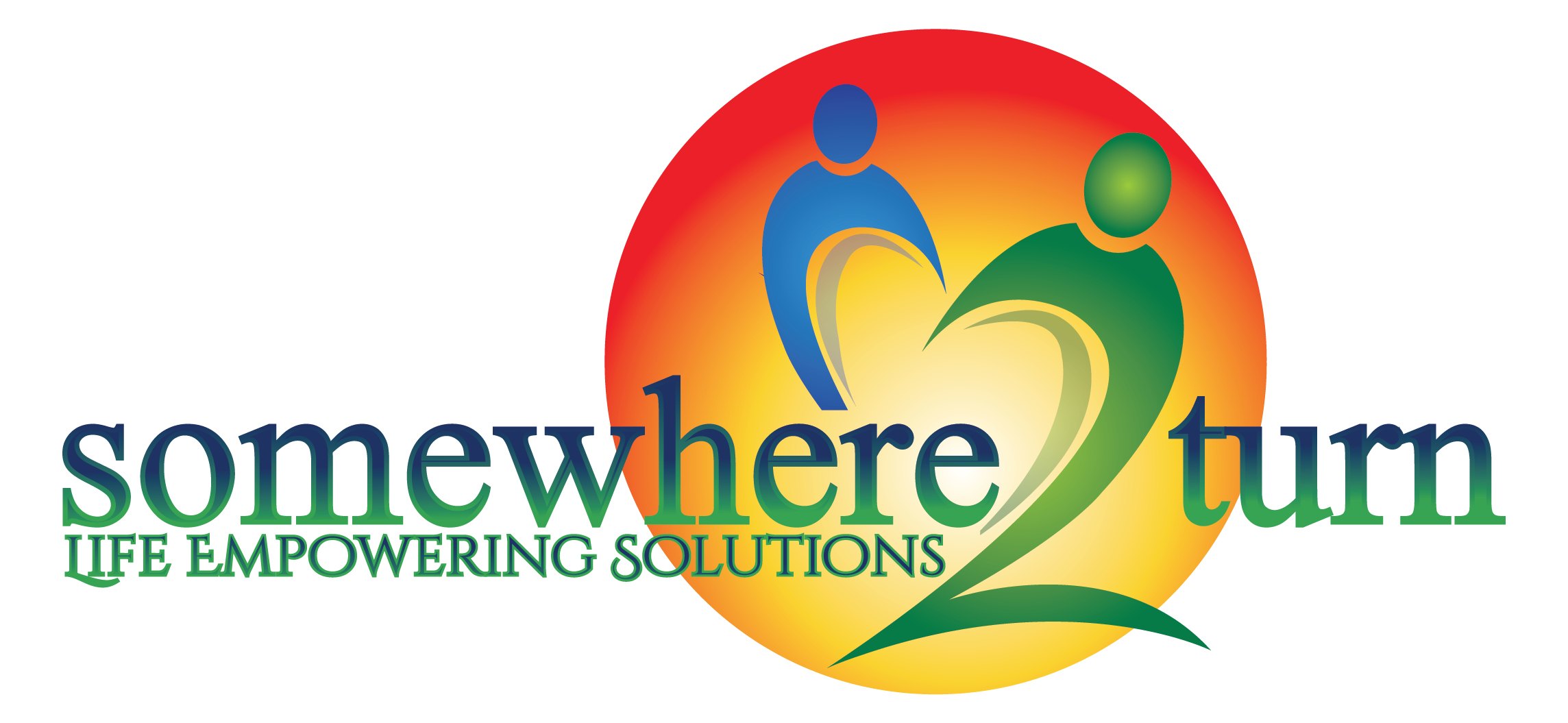somewhere2turn has expertise in completing in-home assessments and home studies. We work with individuals and families, County Children & Youth Agencies, Attorneys, as well as public and private organizations.
Our experienced EMPOWERMENT EXPLOERS assist in all phases of in-home assessments and home studies:
Advocacy
Case Management
Consultation
Individual Therapy
Family Therapy
Child Custody Parent Home Studies
Child Profiles
Family Profiles/Homestudies
Parent Homestudies
Parent/Child Supervised Visitation Observations
Child Custody Home Evaluation and Focused Assessment
The Purpose: The fundamental purpose of a Child Custody Home Evaluation and Focused Assessment is to assist the Court in arriving at an appropriate resolution regarding the physical care, custody, and/or visitation schedule in the best interest of the child.
A Child Custody Home Evaluation and Focused Assessment can be an efficient and effective tool to assist judicial decision-making in cases where a comprehensive child custody evaluation with psychological testing is not needed. These evaluations can be completed in less time than a full child custody evaluation, so the information is available to the court more quickly, avoiding some of the delays in the resolution of issues than can exacerbate tension in families. They also are conducted at a significantly lower cost than that for a full evaluation.
The Goal: The goal is to assist parents, attorneys, and the Court in reaching a timely resolution of the child custody issues. The law is concerned with the health, safety, and welfare of the child. The assumption is that both parents should have meaningful and substantial participation in their child’s life. There are a variety of issues involved in assessing the best interests of the child, but fundamentally the questions are – Is the child safe? loved? provided for?
The benefit of a Child Custody Home Evaluation and Focused Assessment is to have a professional who is knowledgeable about children, families, and child custody issues provide a comprehensive report. The parent, the court, and the attorneys are provided with a written report containing objective psychosocial and home environment information.
Indicators an Evaluation may be Appropriate: The following are some indicators, which may be used to determine if an evaluation would contribute to a better understanding of the family and help the judge in issuing orders serving the needs of the child.
- To ensure a child’s best interests are protected
- Allegations have been raised that either (or both) parent behaves in a manner that could potentially harm the child
- The social and/or physical environment of either (or both) parent appears to be detrimental to the welfare of the child
- The child has special needs requiring special considerations
- One parent wishes to relocate with the child and the move will impair continuing and frequent contact between the child and the other parent
- One or both parents may have problems with mental health / substance abuse or show other clear problems, which render them ineffective or harmful as parents
In a Child Custody Home Evaluation and Focused Assessment, an evaluator conducts interviews with parents and children, and observes the home environment including parent-child interactions. The evaluator reviews relevant records and conducts telephone interviews with persons who are most likely to contribute information vital to determining the best interests of the child. They also consider all information only as it is relevant to the best interests of the child.
The evaluation is conducted independently for each parent/household. The process includes:
- Interviews with parent
- Observation of the child with parent and interviews with other members of the household,
- Individual age appropriate interviews with each child
- Interviews with other significant people who may provide pertinent information
- Collection of any relevant corroborating information or documents including criminal and child abuse background checks.
The Report: The Evaluation report contains a summary of the information collected, the evaluator’s assessment of the family dynamics and the needs of the child. Information includes: family of origin; medical/criminal/psychiatric; education; religious/social; employment; financial profile; housing and living environment; relationship with child; significant other(s); plan for child care; parenting assessment; marriage and family; concerns about ex- spouse’ or ex-partner’s parenting; child.
Child Custody Evaluation Staff: Evaluators have a minimum of a master’s degree and license in social work, marriage and family therapy, or psychology and extensive experience in working with families and children. Evaluators have a strong background in evaluations/assessments and family services.
Court Testimony by an Evaluator: Evaluator may be Subpoenaed to be present at a hearing for the purpose of cross examination.
